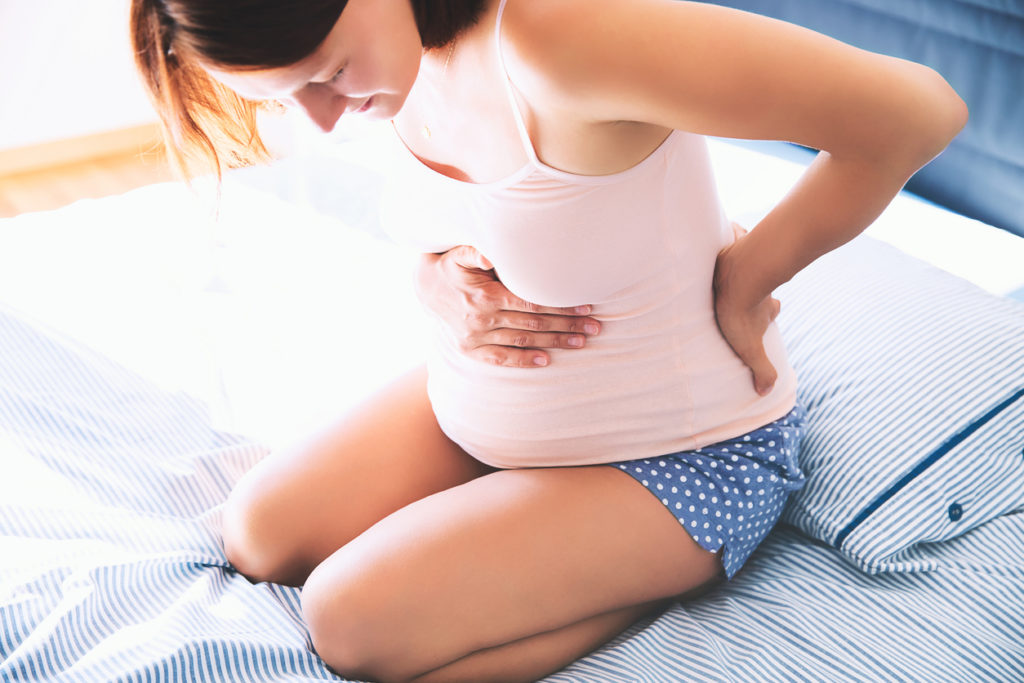Let’s take a look at why you experience cramps during pregnancy, and when you should really worry about them.
Pregnancy is a complex physical and emotional phenomenon. As an expectant mother, you battle a range of conditions as your body changes and your baby grows inside you. But some conditions, like abdominal cramps, should be monitored carefully all throughout the nine months of pregnancy. This article takes a look at what pregnancy cramps are all about.
It’s normally not a cause for concern…
- Abdominal cramps during pregnancy are a sign of a growing foetus. You may experience cramping as early as a few weeks into the pregnancy. It happens when the uterus begins the process of expanding to accommodate the foetus.
- Cramps during pregnancy also occur due to gas and bloating, which are both early signs of conception.
- You might feel a bit of a ‘pull’ on one or both sides of your abdomen. The cramping sensation is often minor and goes away after a while.
- Your doctor will examine you if you are alarmed about the phenomenon – normally, there is no cause for concern if the cramping is minor and not frequent.
- Abdominal cramps during pregnancy usually taper off in the second trimester.
But you should see your doctor if…
However, cramps during pregnancy can also become an indicator of an impending problem with the foetus. Do consult your doctor at once if the cramping is severe (i.e. it makes you double up with pain) and is accompanied by sweating, bleeding or back pain.
Severe and painful abdominal cramps during pregnancy can be an indicator of:
* Preeclampsia: This is a condition caused by a spike in your blood pressure and an improper synthesis of protein, which is then leached out through urine. It can cause preterm labour and severe pain during the delivery, sometimes resulting in toxic shock and distress for your baby. It is characterised by severe upper abdominal pain.
* Placental abruption: This is a phenomenon in which the placenta separates from the uterus before labour actively begins. It can cause internal distress and endanger both you and the baby. If you are close to your delivery date and feel a sharp, painful cramp in the abdomen and it does not recede, see your doctor at once.
* Premature labour: The cervix normally begins the process of dilation before labour. However, it may dilate before 37 weeks, which is the most crucial time in the baby’s life. You might experience severe cramps during pregnancy around the 35th or 36th week, for a few days. Do not treat this condition lightly: the body may soon begin the process of labour even before your baby is ready to be born, and medical intervention is a must.
* Ectopic pregnancy: Sometimes, the fertilised egg may implant outside the uterus instead of inside it. This kind of pregnancy normally results in a miscarriage and is characterised by a stabbing, and sharp cramps. Your doctor can advise you on the next steps you need to take.
